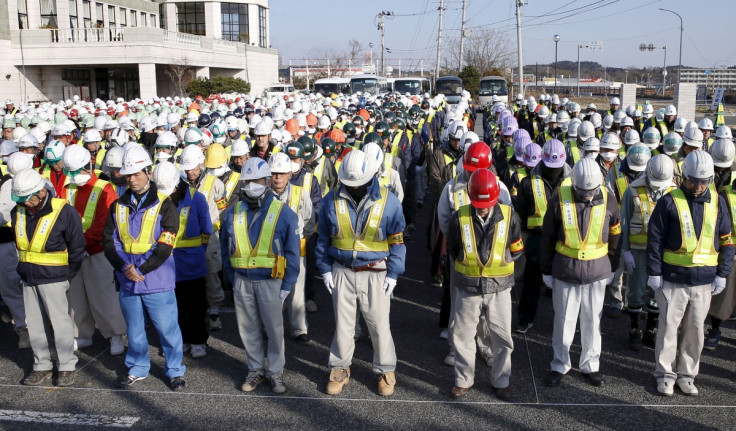Japan marks 5th anniversary of Fukushima nuclear disaster

Japan marks the fifth anniversary of the deadly earthquake, which also triggered a giant tsunami that claimed up to 19,000 lives. The quake forced the meltdown at the Fukushima Daiichi nuclear power plant leaving behind a dark legacy of the disaster.
Five years ago on 11 March, the 9-magnitude undersea tremor struck off Japan's north-eastern coast generating massive tsunami waves as high as 15m. The disaster was so deadly that nearly 170,000 evacuees are still living in shelters or makeshift arrangements. Nearly 43,000 are from Fukushima.
Despite the triple meltdown at the nuclear facility, Prime Minister Shinzo Abe made it clear ahead of the anniversary that Japan cannot survive without nuclear energy. Speaking at a news conference, the Japanese premier said: "Our resource-poor country cannot do without nuclear power to secure the stability of energy supply while considering what makes economic sense and the issue of climate change." The nuclear plant's operator, Tokyo Electric Power Company (Tepco), is still figuring out how to remove the molten fuel from the three reactors — a process which could even take four decades or more.
Abe will take part in a national ceremony being held as a mark of tribute to the victims of the tragedy. The event will be attended by the emperor and empress as well as victims and representatives of the victims.
A moment of silence will also be observed at 2.46pm across Japan to mark the timing of the quake. Memorial services have been planned in almost all the areas affected by the quake.
The Japanese government hailed the progress of restoration in the five-year period though critics say not enough has been done. On the eve of the anniversary, Abe said: "Now more than 70% of [disaster-hit] agricultural land has become ready for planting and nearly 90% of fishery-product processing facilities have resumed operations. Seeds of new industries are now evolving one after another in disaster-hit areas."
© Copyright IBTimes 2025. All rights reserved.




















